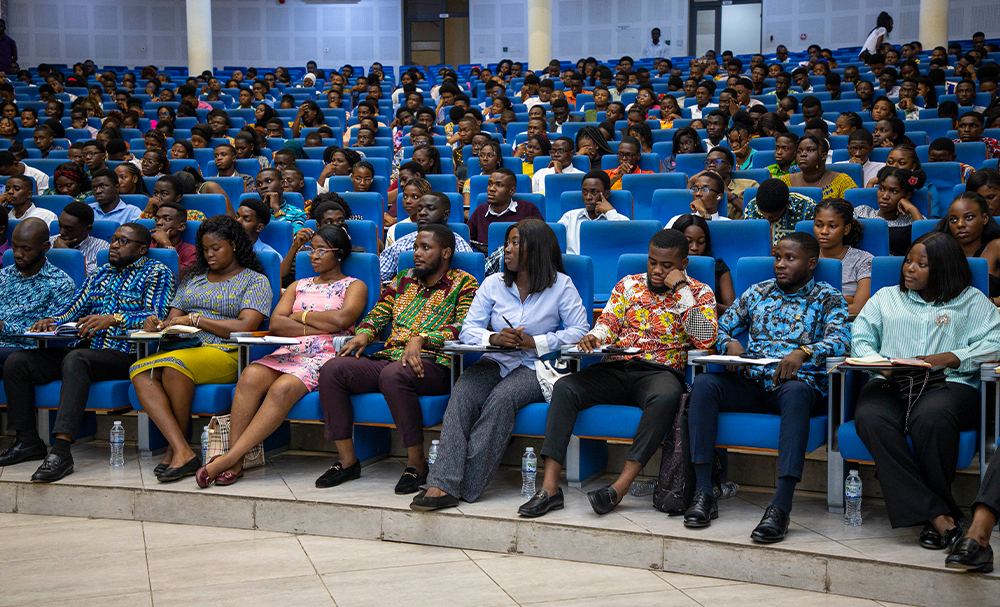The Directorate of Student Affairs (DoSA) at the Kwame Nkrumah University of Science and Technology (KNUST), Kumasi, has organised a two-day intensive training for newly elected student leaders.
The programme, designed to equip leaders for the 2025/2026 academic year, provided practical guidance to help them build resilience and prepare for the responsibilities ahead.
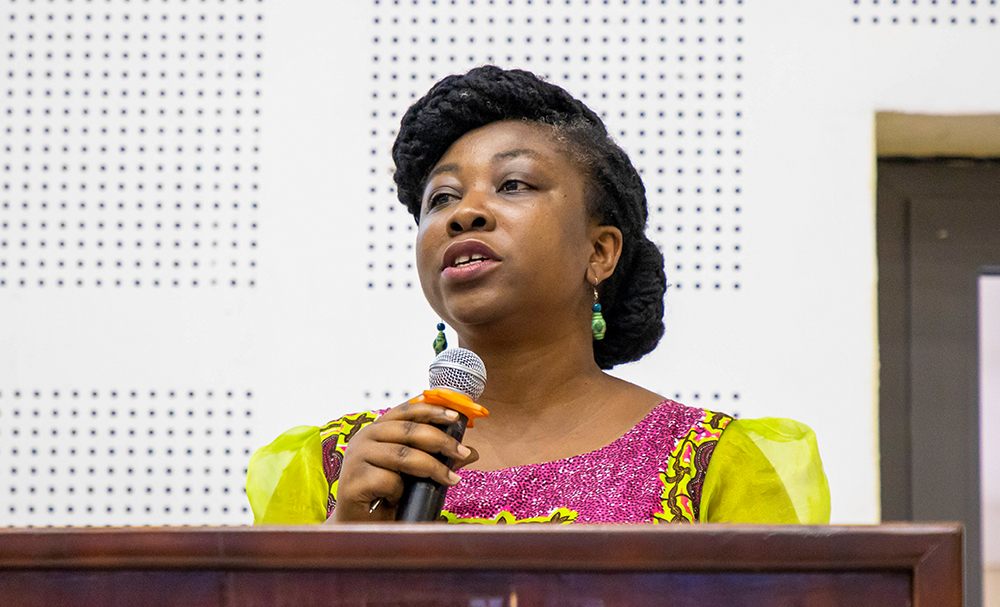
Director of Student Affairs, Professor Marian Asantewah Nkansah, called on newly elected student leaders to embrace a transformative leadership journey grounded in the principles of learning, unlearning, and relearning.
She emphasized that these concepts are essential pillars for personal, academic, and institutional growth.
“Learning,” she explained, “is the continuous acquisition of skills and knowledge relevant to your development goals. In your case, this includes the competencies needed to thrive as students, leaders, and contributors to the university’s legacy. Today, student leadership has become a business where candidates are packaged and marketed. But winning an election doesn’t automatically make one the best fit for the role. This workshop is your opportunity to learn the real responsibilities of student governance within the university’s structure, so your actions are guided by institutional values and regulations.”
She continued by urging students to “unlearn” outdated assumptions and misinformation, particularly regarding the operations of the Directorate of Student Affairs (DoSA).
“Some student leaders and by extension, some students carry conspiracy theories about how DoSA functions. These ideas are often unfounded or passed down from unreliable sources. This training will equip you with accurate information, helping you distinguish between fact and fiction, and enabling you to engage more constructively with university systems.”
Prof. Nkansah encouraged participants to remain adaptable and responsive to change.
“Through this workshop, you’ll develop a leadership template that aligns with university procedures. But leadership is dynamic. There will be moments when you must revise your approach to meet new challenges. Growth demands that you rise to the occasion and evolve with integrity.”
Prof. Nkansah also addressed the increasing trend of student leaders employing campaign managers during elections, a practice that, while not prohibited, must be carefully managed post-election.
She issued a firm reminder that under no circumstance should campaign managers have access to executive offices, possess personal keys, or interfere with the daily operations of student governance.
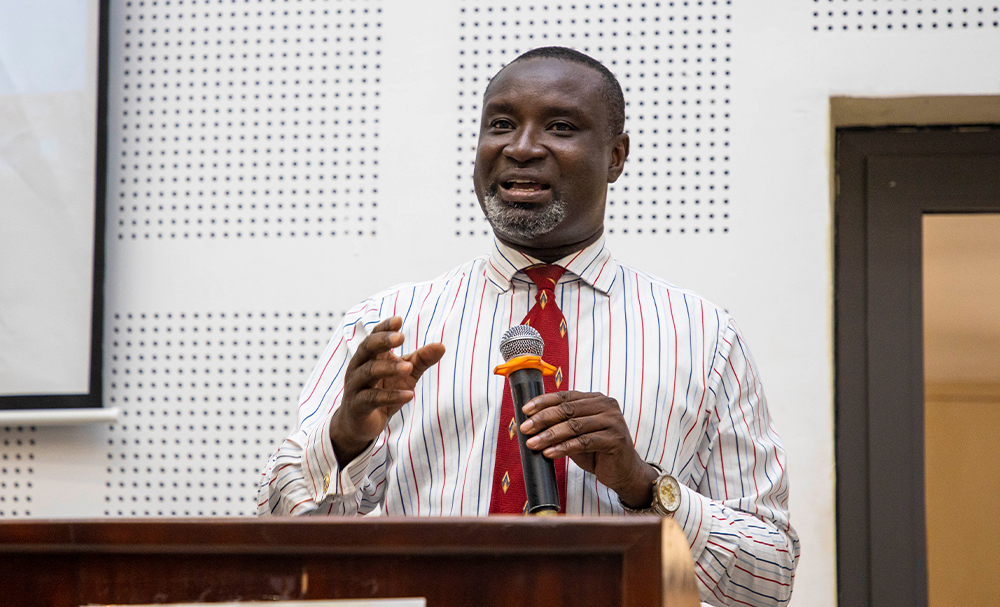
Deputy Registrar at DoSA, Dr. Paul Kwadwo Addo, advised the new leaders to familiarise themselves with the university’s statutes, administrative manuals and student guides.
He urged them to prioritise the collective interest of the student body over personal ambitions.
“Be very careful because this position can claim your certificates. Know your role within the administrative system and make yourself available. If you are selected to represent the student body, you are not representing yourself but the people. Presidents should make use of other potential student leaders,” he cautioned.
Dr. Addo further reminded them to serve as ambassadors of DoSA. “When students need information, impart it to them. Understand the service DoSA provides administratively and be ambassadors in your various units of service,” he said.
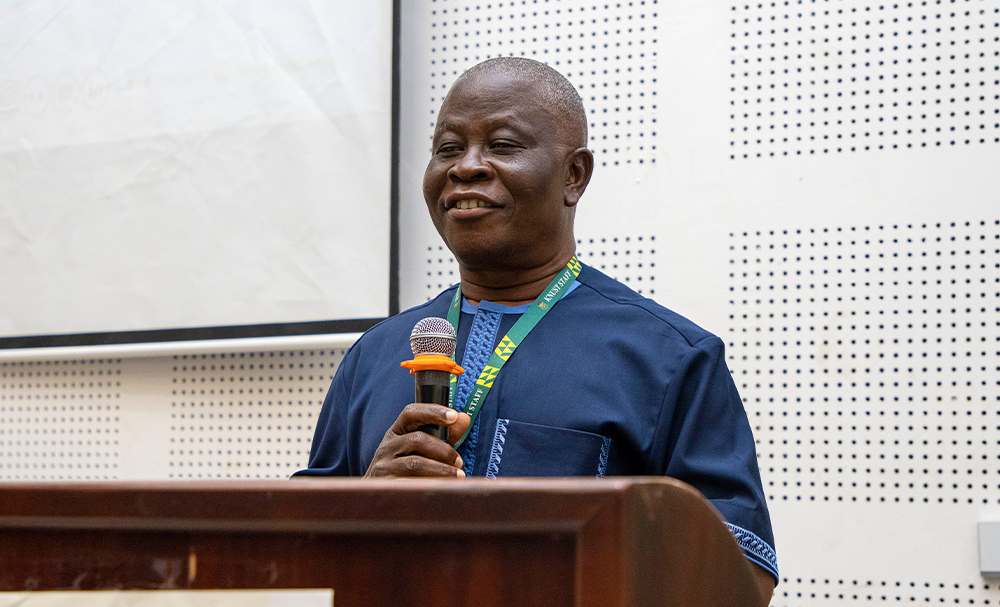
Former Dean of DoSA, Prof. William Gariba Akanwariwiak urged leaders to appreciate the systems within which they operate. He highlighted the need to understand key structures and roles, take responsibility, and innovate for growth.
“Help improve the system and don’t unnecessarily fight the system. We need innovations for continuous growth,” he noted.
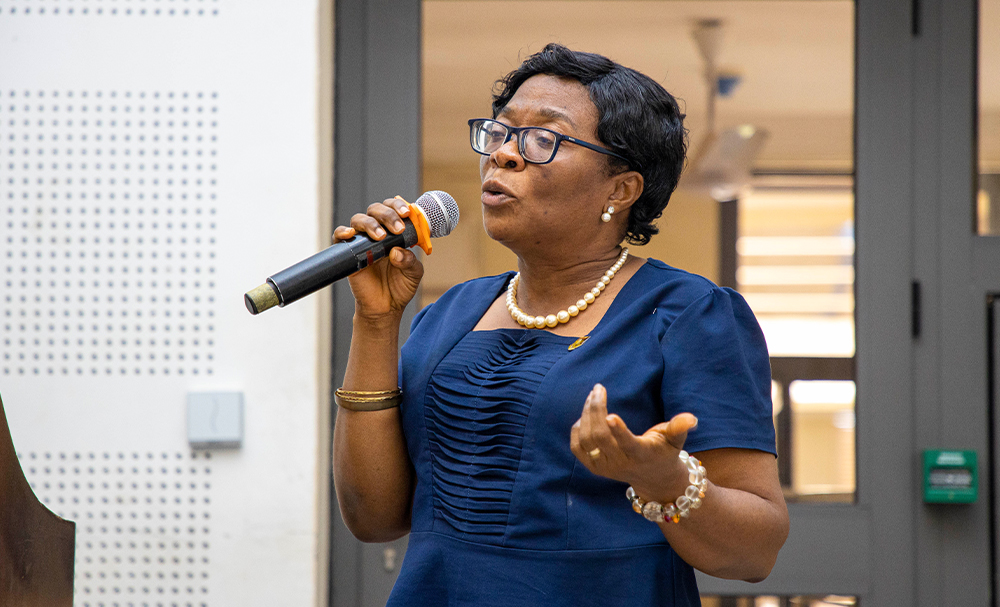
Mrs. Theodora Oduro, Senior Assistant Registrar and Head of the Office of Student Support and Financial Services at DoSA, cautioned student leaders against ignoring the process of team building. According to her, many administrations collapse because leaders fail to nurture effective teamwork.
“Most student leaders begin so well, but before the end of the administration, they collapse. The teamwork is not working, but they have not gone through the process of building the team,” she observed.
She explained that teams must move through the stages of forming, storming, norming and performing, instead of rushing into performance without resolving early conflicts.
“People jump straight to performing, but until you deal with the forming and the storming, you cannot get there. They must allow the team to storm a little bit, to share ideas and disagreements, and then move forward together,” she added.
Story by: Amanda Boamah Twum-Ampomah








